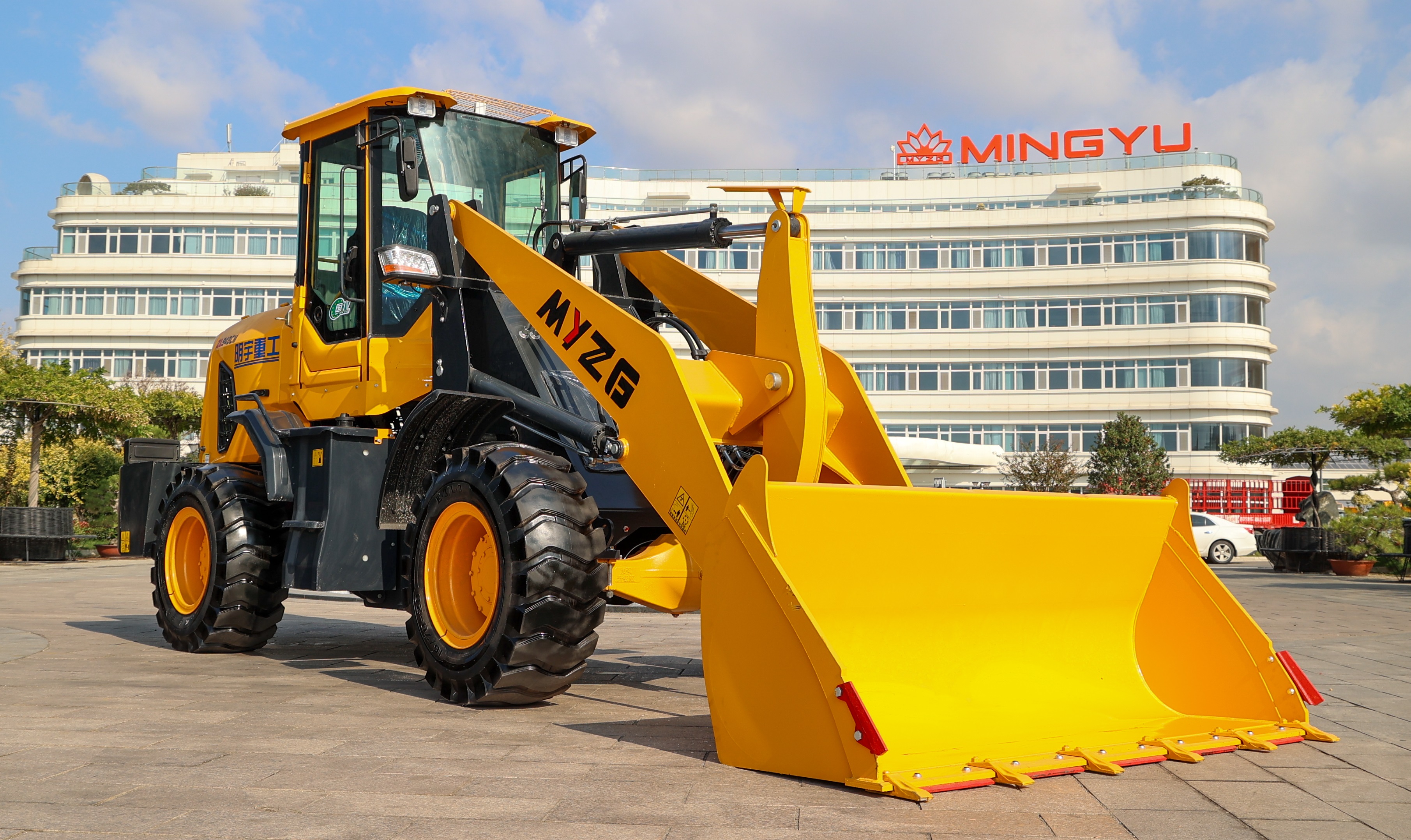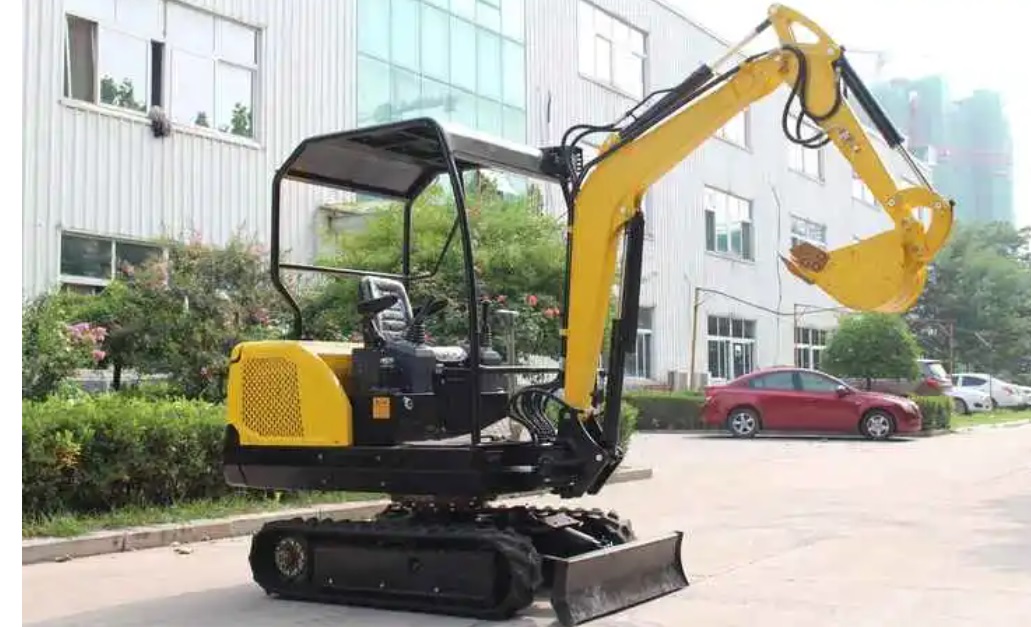Heavy equipment, such as excavators, bulldozers, and cranes, is essential for various industries, including construction, mining, and logistics. Operating multiple pieces of heavy equipment requires a unique blend of skills, knowledge, and experience. This article explores the intricacies of operating multiple machines, the challenges involved, and the strategies to ensure safe and efficient operations.

Essential Skills and Qualifications
To effectively operate multiple pieces of heavy equipment, operators must possess a combination of skills and qualifications:
- Operator's License: A valid operator's license is essential, as it ensures that the operator has undergone the necessary training and meets specific safety standards.
- Technical Knowledge: A deep understanding of the mechanical and hydraulic systems of each machine is crucial for troubleshooting and maintenance.
- Physical Fitness: Operating heavy equipment demands physical strength and stamina, as well as the ability to work in various weather conditions.
- Mental Alertness: Operators must remain focused and alert to avoid accidents and ensure efficient operations.
- Communication Skills: Effective communication with other operators, supervisors, and ground personnel is vital for coordinating activities and preventing accidents.
Effective Equipment Management
Proper equipment management is essential for safe and efficient operations:
- Pre-Operational Checks: Before starting work, conduct thorough pre-operational checks to identify and address any potential issues, such as low fluid levels, damaged components, or faulty controls.
- Regular Maintenance: Implement a rigorous maintenance schedule to keep equipment in optimal condition. This includes regular oil changes, filter replacements, and component inspections.
- Spare Parts Inventory: Maintain an adequate inventory of spare parts to minimize downtime in case of breakdowns.
- Fuel Management: Monitor fuel levels and ensure efficient fuel consumption to reduce operating costs.
Coordination and Communication
Effective coordination and communication are crucial for operating multiple machines safely and efficiently:
- Site Layout and Planning: Develop a clear site layout and work plan to optimize the movement of equipment and personnel.
- Traffic Control: Implement traffic control measures, such as signage and barriers, to prevent accidents and congestion.
- Communication Channels: Use clear and concise communication channels, such as radios or hand signals, to coordinate with other operators and ground personnel.
- Teamwork: Foster a collaborative work environment and encourage teamwork among operators.
Safety Protocols and Best Practices
Safety should be the top priority when operating multiple pieces of heavy equipment. Adhere to the following safety protocols:
- Personal Protective Equipment (PPE): Always wear appropriate PPE, including hard hats, safety glasses, gloves, and steel-toed boots.
- Safe Operating Procedures: Follow established safety procedures, such as avoiding distractions, maintaining a safe distance from other equipment, and conducting regular safety checks.
- Emergency Response Plans: Develop and implement emergency response plans to handle accidents and emergencies.
- Hazard Identification and Risk Assessment: Conduct regular hazard assessments to identify potential risks and implement control measures.
Advanced Techniques and Technologies
To enhance efficiency and safety, operators can leverage advanced techniques and technologies:
- Remote Control Operations: Remote-controlled equipment allows operators to work from a safe distance, reducing risk and improving productivity.
- Autonomous Systems: Autonomous machines can perform tasks with minimal human intervention, increasing efficiency and reducing labor costs.
- Telematics and GPS Tracking: Telematics systems can track the location, utilization, and performance of equipment, enabling better fleet management and maintenance planning.
- Data Analytics: Analyzing data from equipment sensors can provide valuable insights into performance, maintenance needs, and fuel consumption.
Overcoming Common Challenges
Operating multiple pieces of heavy equipment can present various challenges:
- Fatigue Management: Long hours and demanding work can lead to fatigue, which can impair judgment and reaction time.
- Adverse Weather Conditions: Adverse weather conditions, such as rain, snow, and fog, can significantly impact visibility and machine performance.
- Terrain Challenges: Operating on uneven or unstable terrain can increase the risk of accidents and equipment damage.
- Equipment Malfunctions: Mechanical failures can disrupt operations and lead to costly downtime.
To overcome these challenges, operators must prioritize safety, maintain regular equipment maintenance, and adapt to changing conditions.
The Future of Heavy Equipment Operation
The future of heavy equipment operation is marked by technological advancements and increasing automation. As technology continues to evolve, we can expect to see further innovations in areas such as:
- Artificial Intelligence: AI-powered systems can optimize equipment performance and enhance safety.
- Virtual and Augmented Reality: VR and AR can be used for training and simulation, improving operator skills and reducing accidents.
- Sustainable Technologies: The development of more environmentally friendly equipment, such as electric and hybrid machines, will contribute to a greener future.
By embracing these technological advancements and prioritizing safety, operators can continue to contribute to the success of various industries while minimizing risks and environmental impact.
Post time:Nov.21.2024

